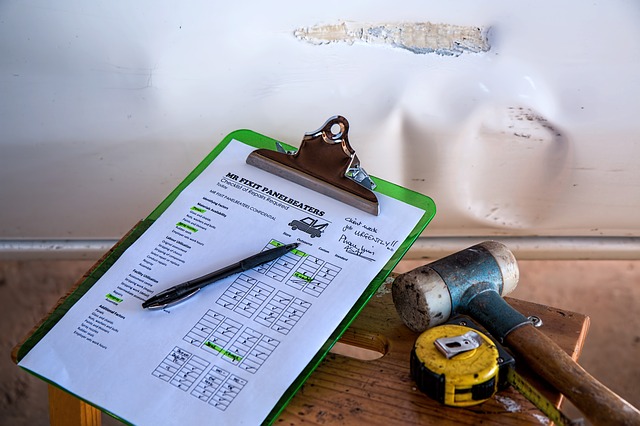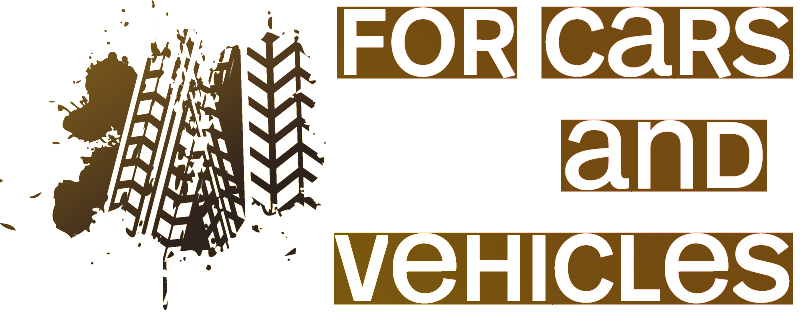Car Insurance
Disclosure: The links on this page are "Affiliate Links" and while these are shown at no costs to our viewers, they generate commissions for our website(s)

|
A new car is a big investment and will set you back several thousand dollars in most cases. What’s key to remember though, is that the price of the car itself is only one of the things you need to consider.
On top of this initial expense you see, you’ll also be required to shell out for:
- Tax
- MOTs
- Fuel
- Insurance
If you’re a first time driver, this is after you’ve spent a fortune learning to drive and passing your driving test!
Of all these expenses, the largest next to the car itself is the insurance. This is also completely unavoidable as it’s a legal requirement; but fortunately there are ways you can get it for less if you know how. Read on and we’ll look at how you to get the very best deal on your car insurance.
What Type of Coverage do You Need?
When choosing your car insurance, you need to first consider what type of insurance you need. Different policies protect you against different things and you may find that you don’t need to shell out for the most comprehensive types of cover.
The three main policies are:
- Third Party Insurance
- Third Party Fire and Theft
- Fully Comprehensive
Third party insurance is the most basic type of policy and is the minimum legal requirement. With third party insurance, this basically means you’ll be covered for any damage you afflict on other vehicles or properties. This way, if you should crash into another car, your insurance will pay for the damage you caused to them. This is also known as ‘liability insurance’ and it basically ensures that you are at least able to pay for damage that you’ve caused so no one loses out due to your actions.
Third party only insurance however will only pay for damage you’ve caused to third parties and won’t pay for you to repair your own car. This might mean you’re out of action for months as you save the money needed to make repairs or replace your vehicle. Third party fire and theft goes one step further by protecting your car against theft or fire as well as offering liability insurance.
With comprehensive coverage meanwhile, all expenses will be covered in the case of an accident or damage to your car. This also allows you to drive other cars without being a named driver on their insurance policy.
Of course the more comprehensive your cover, the more you will pay on a monthly basis. If you are driving a second hand car then and trying to keep costs as low as possible, third party only coverage may be the best kind for you. If your car is very expensive though, then it’s better to ensure you’re protected.

Where You Come Into the Equation
Once you’ve decided on the type of policy you want, then you can begin looking at price comparison websites to see which companies are able to offer you the best insurance.
When you do this though, you may notice that you first have to put in a lot of details about yourself personally. This is because car insurance policies are calculated based on how likely you are to have an accident statistically – if you’re a young male for instance, you’ll pay more than a middle aged woman.
What this also means though is that no one car insurance company is going to offer the cheapest insurance. Instead, different insurers will be better suited to different types of individuals. While some insurers will charge the least for women, others might be better for the elderly. It’s all based on how they spread their costs and how they calculate their fees.Another strategy to consider then, is that you can actually increase or decrease your offers by changing things about yourself.
Here are just a few things that will impact the value of your policy:
Parking: If you have off-road parking available, then you’ll be able to get first party insurance more cheaply. The reason of course is that a car left on the pavement outside is considerably more likely to get lost or damaged.
Your Car: When thinking about the type of car you want to get, consider that this will have a direct impact on the cost of insurance. The more expensive your vehicle, the more your insurers will potentially have to pay out and the more insurance will cost.
Likewise, if your car has a larger engine, this increases the amount of damage you can potentially do to yourself and to others. Smaller engines = cheaper policies.
Mods: Modifications to your car can also increase the cost of insurance. The reasoning here is that the sort of person to modify their car might also be the sort of person to drive fast. This puts you in the ‘boy racer’ bracket potentially.
Experience: On top of your driving test, you can also find additional courses to complete such as the ‘PassPlus’. Completing this will impact the cost of insurance with some companies, though not all.
Your age also has a big impact. Younger drivers will cost more, as will elderly drivers. More important still though is the number of years you have been driving and the number of accidents you have had in that time. Over time, you can build up a ‘no claims bonus’ which indicates you’ve been driving a long time without accidents. You can even pay for additional insurance to protect your no claims once it has been built up sufficiently.
Named Drivers: Interestingly, adding named drivers to your policy can cause it to go up or down in value. If you have an experienced, older driver on your policy, then this actually suggests that they will be driving the car some of the time – which in turn saves you money.
Some Final Tips
While it might be tempting to lie about your situation or your vehicle, it’s very important that you don’t. If you do have an accident and you have lied about the details you gave, then you might find you actually aren’t covered and your provider doesn’t pay out.
Finally, make sure that you keep checking available policies every year. A lot of insurers will offer tempting low rates to new customers and then hike the costs up after the first year. Don’t rest on your laurels – it may be that changing policy every year can save you a lot of cash!




